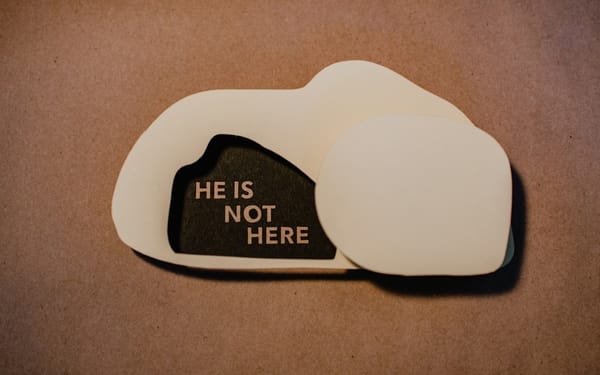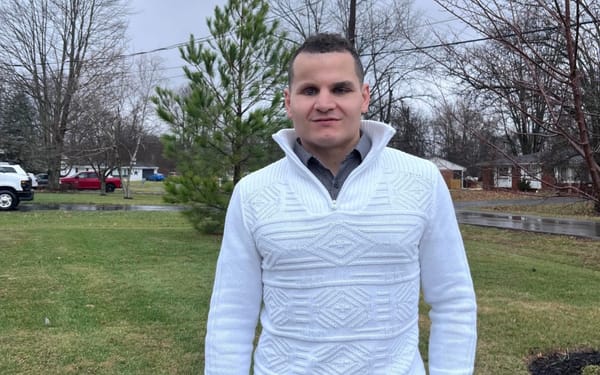Is There Such a Thing as “My Truth?”
"What's right for you is right for you, and what's right for me is what's right for me." Is this how I'm supposed to think? Or is there a better way?

“Find your truth.” “Do what works for you.” “You do you.” These are all common phrases that float about in the world around us. And if we’re not careful, they seep into our minds and change the way we live. Perhaps the greatest verse on winning the war in your mind is found in Philippians 4:8, which says,
“Finally brothers and sisters, whatever is true, whatever is honorable, whatever is just, whatever is pure, whatever is lovely, whatever is commendable—if there is any moral excellence and if there is anything praiseworthy—dwell on these things.”
Taking that first adjective, how should we dwell on truth?
The key to dwelling in truth is recognizing Christ as our foundation for truth. Eastern religions like Buddhism, Hinduism, and Taoism tend to see truth as something experiential, fluid, and beyond words. For Christians, the bedrock of truth is Jesus.
Truth Starts With a Relationship
In John 18, we see a striking exchange between Pilate and Jesus. When Jesus says, “I was born for this, and have come into the world for this: to testify to the truth. Everyone who is of the truth listens to my voice” (John 18:37), Pilate responds with a jaded, almost cynical question: “What is truth?” (John 18:38).
His response reveals a mindset that many still hold today—one that treats truth as vague, subjective, or irrelevant. To Pilate, truth wasn't a person standing in front of him. It was an abstract idea, maybe even a political tool. He was face-to-face with the embodiment of truth, but he didn’t recognize it, let alone receive it.
In a world that constantly tells us to “find your truth” or “speak your truth,” Jesus steps in and says something altogether different: “I am the way, the truth, and the life. No one comes to the Father except through me” (John 14:6).
Jesus doesn’t merely teach truth or point toward truth. He embodies it. Thus, to walk in truth is to walk in relationship with him. When we search for truth in ideas, philosophies, or even religious systems, we can easily end up with fragments of wisdom, but no anchor. But when truth is a person, it moves beyond abstraction into intimacy.
This also changes how we pursue truth. As Jesus said, “If you continue in my word, you really are my disciples. You will know the truth, and the truth will set you free” (John 8:31–32). Freedom isn’t the result of mere knowledge; it’s the fruit of following. The more closely we walk with Jesus, the more we live in alignment with the way things truly are.
When you start with Jesus as the foundation of truth, you can start to dispel the lies of the enemy. In The Bruised Reed Richard Sibbes writes, “Truth fears nothing so much as concealment, and desires nothing so much as clearly to be laid open to the view of all.”[1] Think back to those six lies every person is tempted to believe.
- Lie #1: “I’m not enough.”
- Lie #2: “God is the problem.”
- Lie #3: “I’ll never change.”
- Lie #4: “I’m all alone.”
- Lie #5: “What I do doesn’t matter.”
- Lie #6: “It’s too late for me.”
Now, add Jesus to each lie.
Yes, you’re never enough apart from him. Jesus is the solution for every problem I have. On my own, I cannot change, but with Christ, all things are possible. It is impossible for me to be alone when I have Christ inside me. When Christ is in me, everything I do is sacred, and even the smallest actions have significance. Because Jesus is the essence of eternal life, it’s never too late to trust in him as this life is just as preparation for eternity with him.
Remember This the Next Time You Believe a Lie
It's natural to confront lies with “our truth.” Self-help gurus will say, “Oh no, you are good enough.” “You can change because you have internal superpowers.” “What you do matters because you have something wonderful to contribute to this universe.”





